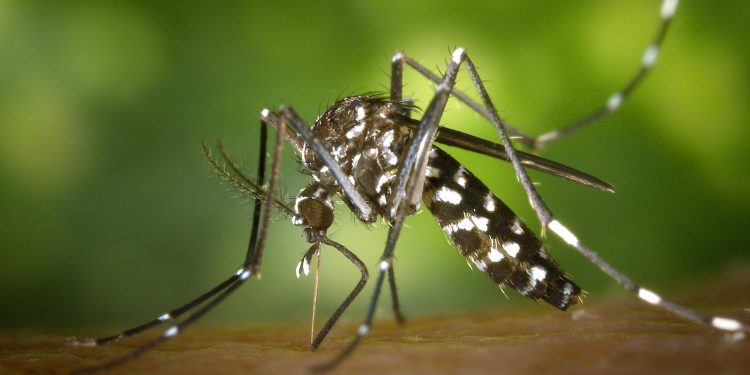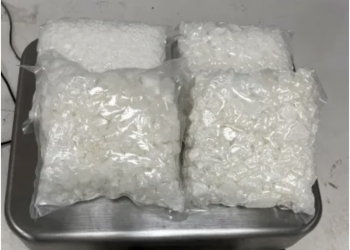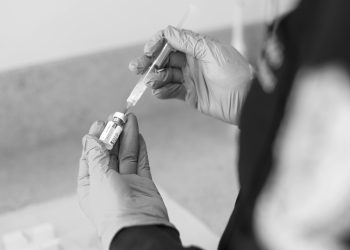DALLAS, TEXAS — The City of Dallas will conduct overnight mosquito spraying in multiple neighborhoods this week after mosquito samples tested positive for West Nile Virus. The targeted spraying effort will take place from 9 p.m. to 5 a.m., beginning Tuesday, June 10, through Wednesday, June 11, weather permitting.
According to the Dallas Department of Code Compliance, three control zones have been identified based on confirmed West Nile activity:
-
Control Area 1: Near the 7100 block of Teakwood Drive (ZIP 75240), bounded by Paldao Drive (north), Hillcrest Road (west), Willow Bend Boulevard (east), and LBJ Freeway (south).
-
Control Area 2: Around 2300 Martin Luther King Jr. Blvd (ZIP 75215, Council District 7), between S. Malcolm X Blvd (north), Coombs Street (west), Dathe Street (east), and Cleveland Street (south).
-
Control Area 3: Near 3900 Frank Street (ZIP 75210, Council District 7), bounded by S. Fitzhugh Avenue (north), Coolidge Street (west), Mitchell Street (east), and Bertrand Avenue (south).
The spraying will use EPA-approved insecticides designed to break down quickly in sunlight and leave no long-term residue. While generally considered safe, residents are encouraged to take basic precautions:
-
Stay indoors during spraying.
-
If in a vehicle, keep windows up and air conditioning on.
-
Avoid following or approaching spraying trucks.
-
If exposed to the spray, wash skin with soap and water.
Expanded Regional Response
Neighboring cities including Irving, Garland, and Mesquite have also joined Dallas in ramping up mosquito abatement efforts after similar positive tests for West Nile Virus. These cities are also conducting nighttime spraying in select neighborhoods and encouraging residents to take precautions.
“We’re working with regional partners to reduce mosquito populations and stop the spread of West Nile Virus before it escalates into a public health emergency,” said a City of Dallas spokesperson.
Understanding the West Nile Virus
The West Nile Virus is primarily spread to humans through the bite of an infected mosquito. Most people infected experience no symptoms, but about 1 in 5 may develop fever, body aches, joint pain, vomiting, or rash. In rare cases—especially among the elderly and immunocompromised—the virus can lead to serious neurological illnesses such as encephalitis or meningitis, which can be fatal.
There is currently no vaccine or specific treatment for West Nile Virus in humans. Prevention remains the most effective strategy.
Spraying Pros and Cons
Pros:
-
Rapidly reduces adult mosquito populations in high-risk zones.
-
Helps prevent human infections and potential outbreaks.
-
Uses targeted application, minimizing environmental impact.
-
Insecticide breaks down quickly and is approved for public use.
Cons:
-
Does not kill mosquito eggs or larvae; breeding sites must still be addressed.
-
May trigger mild allergic reactions or respiratory irritation in sensitive individuals.
-
Risk of environmental contamination if overused or misapplied.
-
May lead to insecticide resistance if spraying becomes routine.
Public Health Guidance
City officials urge all Dallas residents to take the following steps to prevent mosquito bites and breeding:
Personal Protection:
-
Limit outdoor activity during dusk and dawn.
-
Wear long sleeves and pants when outside.
-
Use insect repellents containing DEET, picaridin, or oil of lemon eucalyptus.
Eliminate Standing Water:
-
Remove stagnant water from birdbaths, pet dishes, flowerpots, clogged gutters, toys, and unused pools.
-
Mosquitoes can breed in as little as one tablespoon of water, and their life cycle can be completed in seven days.
Free mosquito control supplies such as larvicide dunks are available while supplies last at these Dallas Code Compliance District Offices:
-
3112 Canton St. – (214-670-5708)
-
7901 Goforth Rd. – (214-670-9703)
-
2721 Municipal St. – (214-671-0978)
-
320 E. Jefferson Blvd. – (214-948-4587)
-
4230 W. Illinois Ave. – (214-670-6860)
-
9803 Harry Hines Blvd. – (214-670-9713)
To report mosquito issues or standing water, Dallas residents can call 3-1-1, and those wishing to be added to the city’s Do Not Spray List can do so via the same number.
For more information, visit the city’s mosquito control portal at www.dallascitynews.net/fightthebite.






